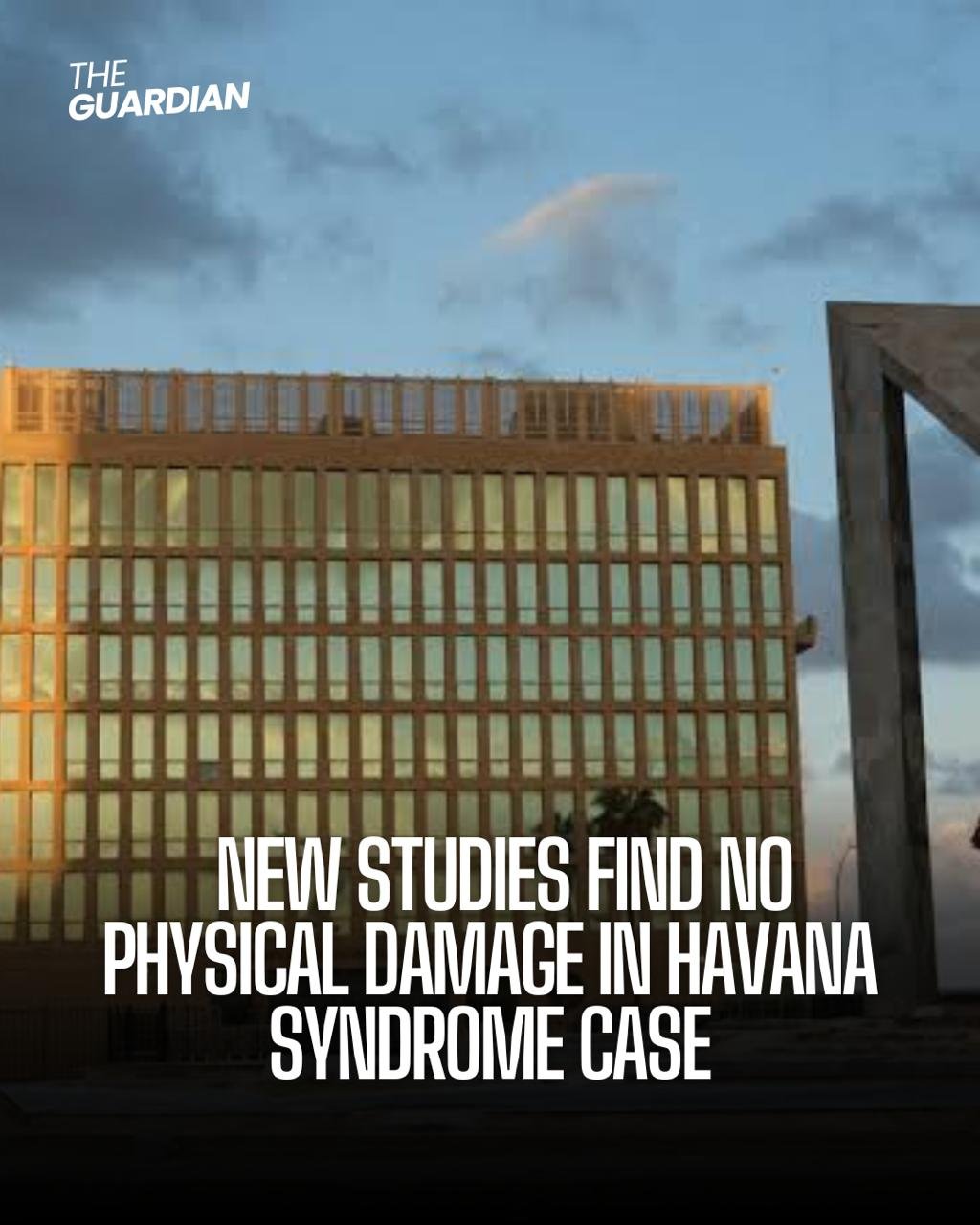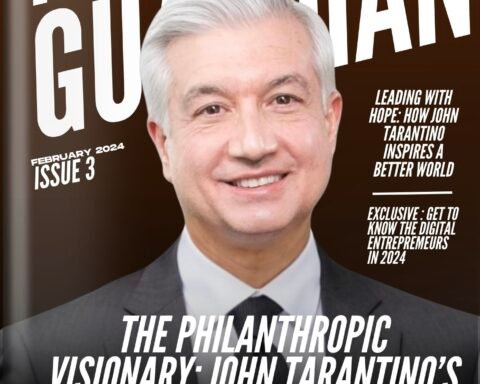Two new investigations find no substantial differences between US government officers suffering from condition and control group.
Two recent medical studies conducted by the National Institutes of Health (NIH) have reported that US government officials experiencing symptoms of Havana syndrome did not exhibit any detectable physical damage or changes.
Brain Imaging and Clinical Assessments:
The studies, published in the Journal of the American Medical Association, utilized brain imaging techniques and clinical assessments to evaluate individuals with Havana syndrome symptoms.
These assessments included examinations of hearing, vision, hand-eye coordination, cognitive ability, and balance.
Lack of Significant Differences:
Both studies, which involved approximately 80 current or former US government officials with Havana syndrome symptoms, found no significant differences compared to a control group. The control group consisted of individuals without such symptoms.
Origins and Theories:
Havana syndrome, named after the location of the first reported cases in 2015, refers to a cluster of symptoms experienced by diplomats and intelligence officials. The cause of these symptoms, which can be debilitating, has been subject to various theories, including the possibility of targeted attacks using directed energy weapons.
Also read: Peter Navarro appeals to Supreme Court to avoid prison
Ethical Concerns and Interpretation:
A lawyer representing some Havana syndrome patients expressed dissatisfaction with the studies, claiming that they did not reveal any new insights into the condition. Additionally, concerns were raised about the ethical implications of the study methodologies.
Conclusion:
While the NIH neuroimaging study did not identify a specific brain injury signature in individuals with Havana syndrome, it emphasized the severity of the clinical condition. The lack of definitive findings underscores the complexity of understanding and addressing Havana syndrome.






















